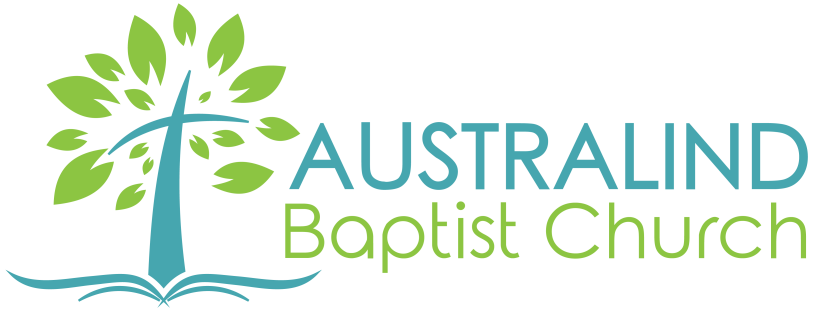- I speak peace
Psalm 120
This is a song of a collection of 15 that are called the Psalms of Ascent. They were given this name because it is thought they were sung as the people climbed up the hill toward Jerusalem. Neither the date nor the author of the Psalms is known for certain, but they may refer to the return of Israel form exile. They were probably sung whenever the Jews undertook their pilgrimages for festivals of worship. Whoever the author of this first of the collection is, it seems from the text that he was someone who had lived some distance from Jerusalem.
The writer recalls a time when he was in distress and he had called on God to deliver him, He had been rescued then and now he wanted to be relieved from those who were telling lies and spreading rumours about him. Apparently these tormentors had been supported in the past, maybe they had been given aid or even helped in battle and rather showing gratitude they had responded deceitfully. The psalmist asks what else could he do? Perhaps he should respond in force and fire arrows down on their head. This may have been meant metaphorically and pointed to judgment from God being brought against them rather than a physical attack.
Meshech is named a number of times in the bible (Genesis 10:2; Ezekiel 27:13; Ezekiel 38:2–3; Ezekiel 39:1) and is thought to be between present day Russia and Ukraine on the Black Sea, while Kedar refers to a nomadic tribe in the Arabian desert. There is significant distance between the two and it is improbable that the psalm writer was a resident of both. The word ‘sojourn’ means to live as a resident alien of the place, not a citizen who is born there. Pairing the two places together probably intended to convey the idea of all the heathen nations outside of Israel where and the writer and his companions had been forced to live while in exile.
The psalmist was dismayed that he had been forced to live among people who agitated for war. One of the prophets of the period of exile was Jeremiah and he had warned the people not to try to overcome their captors or even seek freedom but instead to seek the welfare or peace of the cities in which they lived (Jeremiah 29:7). He may have been alluding to this when he said that he was for peace.
There are parallels between the period the Jews were in exile and our times. They were in captivity to Babylon and were told to wait for their release which would happen at God’s appointed time. In the meantime they were to live in the cities, to get involved in commerce and society by engaging in trade and agriculture, building houses and raising families. They were to be good citizens in a foreign land. All the while they were to pray for the welfare of the city, because as the city prospered, so would they. There was no point agitating for an earlier release, because God had determined when that would be and it was settled.
We too live in exile from our home, we are citizens of heaven simply sojourners and exiles on earth (1 Peter 2:11). We are captive here under the dominion of Satan until God sets us free and welcomes us into his kingdom. In the meantime we are to live as good citizens, engaged in life, participating in society and work; raising families and working hard for the good of the community. We are to pray diligently for the good of the community, because as it prospers, so will we. God has determined the time at which will come and dispose of our captors and he will not change the date. As we continue our pilgrimage, let us, so far as it depends on us, to live at peace with all men and women (Romans 12:18).
- Do you feel like a temporary resident on earth?
- How should that affect the way you live?
- In what way can you be a peace maker in your community?

